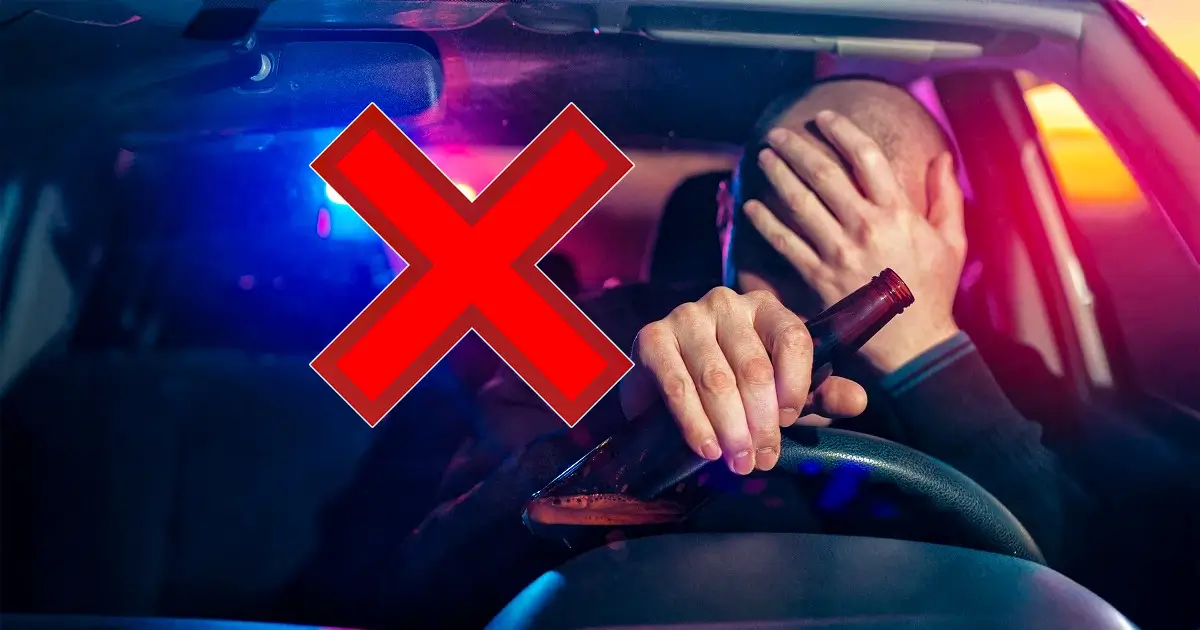The Real Question Behind the Blame
When a drunk driver causes a fatal crash, people often ask who’s at fault: the driver or the car? It’s a powerful question that opens a bigger debate about personal responsibility, technology, and how we view accidents in the modern world.
Cars are machines. They do not act on their own. They move when someone turns the key, presses the pedal, and steers the wheel. But still, every time a drunk driving accident makes headlines, some people indirectly shift the blame toward “cars being dangerous.” Let’s explore why that logic doesn’t hold up.
Cars Don’t Drive Themselves — Yet
Even with today’s advanced safety systems, cars don’t make moral choices. A car can warn a driver about a collision or even apply brakes automatically. But it cannot decide not to drive after a night of drinking.
The person behind the wheel makes that choice. If someone drinks too much and still drives, it’s not the car that failed; it’s the human judgment that did.
In short, blaming the car for a drunk driving death is like blaming a knife for a stabbing. The object isn’t guilty; the user is.
Why Some People Misplace the Blame
It’s natural to look for something or someone to blame after a tragedy. The pain makes people emotional. But blaming the vehicle removes the focus from the real issue, behavior.
A car is only as safe as the person driving it. The same vehicle in one person’s hands can save lives, while in another’s, it can take them. Responsibility isn’t built into the metal or software. It’s built into the mindset.
Modern Cars Do Help
Car manufacturers are constantly improving safety. Breath sensors, driver monitoring systems, and lane assist features are becoming more common. Some cars can even detect drowsy driving.
Still, none of these technologies can fully replace self-control. You can have the safest car in the world, but if you drive it recklessly, the outcome can still be deadly. So, while technology can reduce risk, it cannot remove responsibility.
Real-World Example: Tesla’s Autopilot Debate
Take Tesla’s Autopilot as an example. It’s one of the most advanced driver-assist systems available. But it’s not a self-driving system.
Some drivers misuse it, taking their hands off the wheel or even falling asleep. When accidents happen, critics blame the car or the brand. But investigations usually reveal the same pattern: the driver ignored warnings. Technology can assist. It cannot replace accountability.
What Experts Say
Road safety experts agree that driver behavior causes most fatal crashes. According to global studies, over 90% of road accidents happen due to human error, not mechanical failure.
Cars today are safer than ever. Seatbelts, airbags, and stability control systems have saved millions of lives. But when alcohol or distraction enters the picture, even the safest car can’t help.
The Mindset Shift We Need
Instead of asking if cars are to blame, we should ask how to prevent bad driving decisions. Education, stricter enforcement, and cultural awareness can make a difference.
A responsible driver treats a car with respect. They understand that driving is not just about reaching somewhere, it’s about protecting everyone on the road. When people view driving as a shared responsibility, roads become safer for everyone
Also Read:
- Audi GT50 Concept: A Loud Reminder of Why Car Enthusiasts Fell in Love With Audi
- Nearly 30% of UK Drivers Believe Car Tax Should Be Based on Mileage — Survey
- Why Planes and Boats Escaped the Luxury Tax But Cars Didn’t
- Australia’s Headlight Confusion: Authorities Warn Drivers After Viral $250 Headlight Rule Goes Wild Online
- 2025 Hyundai Venue Facelift Launched in India – Full Details, Variants, and Price
Final Thoughts
Cars are powerful, fast, and built for freedom. But freedom comes with responsibility.
If someone chooses to drive drunk, the blame should never fall on the vehicle.
The driver holds the power to prevent tragedy every single time they get behind the wheel.
So, no, we shouldn’t blame cars for drunk driving deaths. We should hold people accountable for their choices and continue pushing for smarter, safer driving habits.
